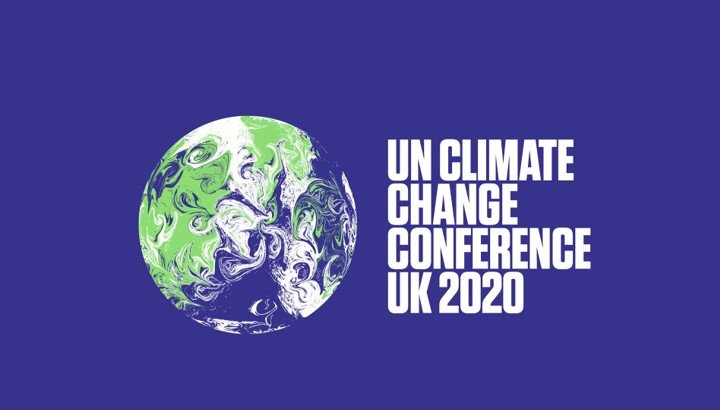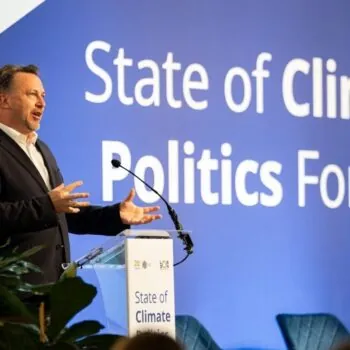Nick Mabey, Alex Scott, Camilla Fenning and Iskander Irzini Vernoit held a COP26 briefing for the Foreign Press Association about what was decided at COP26 and how this will impact climate action in 2022.
Event recording
The recorded COP26 briefing session was moderated by Deborah Bonetti, UK Correspondent for Il Giorno and Director of the FPA.
Speakers:
- Nick Mabey, E3G Chief Executive
- Alex Scott, E3G Programme Lead, Climate Diplomacy and Geopolitics
- Camilla Fenning, E3G Programme Lead, Fossil Fuel Transition
- Iskander Erzini Vernoit, E3G Policy Advisor, COP26 Specialist
Drawing on their experiences on the ground at the climate negotiations in Glasgow, E3G experts gave their assessment on COP26. The discussion looked at successes and difficulties at COP26, and areas where progress is still needed. It also looked forward to how this will impact 2022, and the next steps for international climate action building up to COP27. A press Q&A followed.
Event description
Nick opened the discussion by giving an overview of the event, as well as highlighting what the pledges were going into the event. He stated there had been progress with Paris, with now 90% of global GDP covered by net-zero goals. However, he noted that they were at differing quality and that the 2030 targets are not strong enough. Nick moved on to show us what would happen with the implementation of different goals. For example with all 2030 targets implemented, we could expect to see a 2.4-degree increase, with the best-case scenario resulting in a 1.8-degree increase. He also discussed whether COP26 made coal history, as well as the political dynamics and processes going forward.
To conclude, Nick stated that Glasgow was not a failure – that there had been significant progress made. However, the test of keeping 1.5 degrees alive was the next year and whether countries increased ambition ahead of COP27.
Camilla spoke next, giving an update on coal. She highlighted that COP was a historic moment for coal, with the fossil fuel now being inescapable for leaders. She reiterated this was the first time coal was mentioned directly in a COP agreement. This set the precedent for COP27, as well as putting pressure on oil and gas. There was a discussion around the use of the term ‘phase down’ rather than ‘phase out’ which is less definitive, but she was positive that regardless, it marks a clear trajectory.
Iskander talked about finance, which was front and centre in the first few days of COP26. He highlighted several key moments, including the launch of the clean and green initiative under the G7 and COP26. This provided a launching point for a more sustainable conversation in 2022 on scaling financial flows. The commitment to a doubling on adaptation finance was also hugely significant. He also added what Mark Carney mentioned about finance. The money is there, but that more work needs to be done to leverage this into climate change.
Alex concluded by giving her views on climate diplomacy, highlighting the key players in the game, including the small islands in the high ambition coalition (with the tone set by the Barbados Prime Minister, Mia Mottley, who gave a significant speech at the opening ceremony). She also confirmed the big political shifts and how all countries need to acknowledge that more is required to get on the 1.5-degree pathway.



